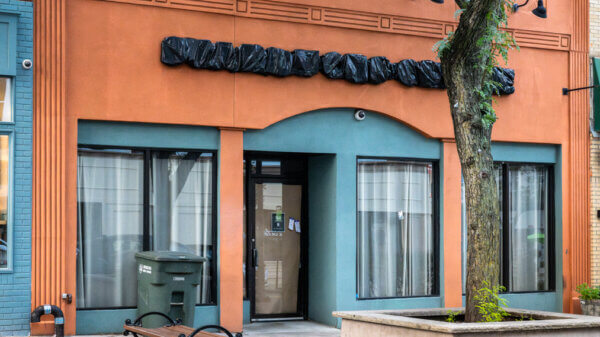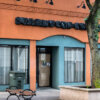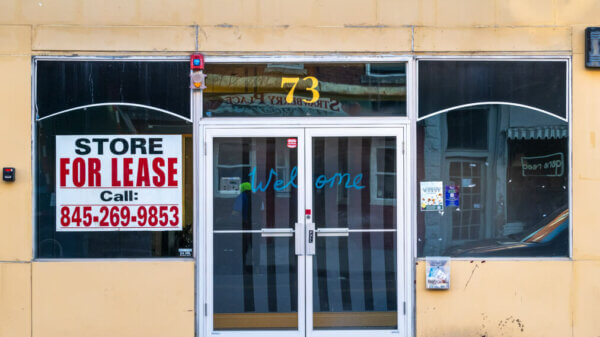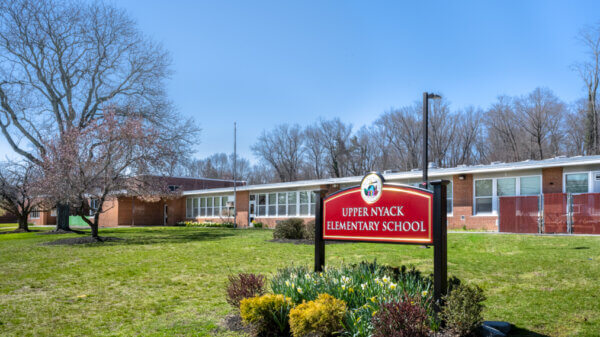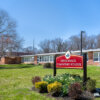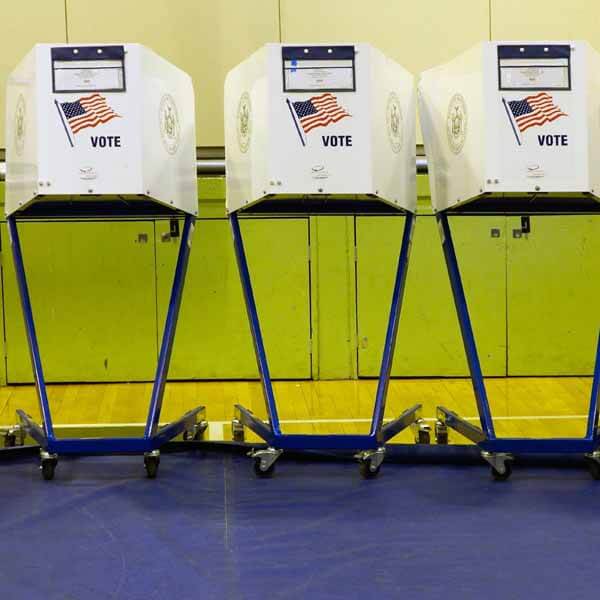
by Owen Voutsinas-Klose
As the 2020 election nears, election officials across the country are facing a dire shortage of poll workers, forcing the closure of polling locations and delays in casting ballots.
Already, finding poll workers was a difficult chore for election authorities. In 2018, 2/3 of jurisdictions told the Election Assistance Commission that it was either “somewhat difficult” or “very difficult” to recruit poll workers.
Being a poll worker is a difficult job: in New York State, compensation is $200 for the day (which begins around 5a and ends past 10p). It requires potentially risking infection and responding to a multitude of issues that inevitably occur on election day, including faulty machines, voters not on the roll, and long lines. According to Rockland County Election Commissioner Patricia Giblin, a total of 740 election inspectors (370 Democrats and 370 Republicans) are needed per year, with additional inspectors needed as alternates.
Nationwide, the majority of poll workers are over 60 years old, and at a heightened risk from COVID-19 infection. In April’s presidential primary in Wisconsin, only 5 (of a usual 180) Milwaukee voting sites were open, leading to long lines and organizational chaos. During the June primary, Rockland polling sites were cut from 67 to 41.
In 2013, a Presidential Commission determined that one of the U.S. election system’s main weaknesses was “the absence of a dependable, well-trained corps of poll workers.” This, according to a 2014 report from the think tank Demos, is largely fed by inconsistent training, little recruitment of younger workers, and disparate wages.
In-person voting is a critical backstop for people who prefer not to vote by mail, forget to request an absentee ballot, or have a ballot arrive late. In June’s primary, almost half of Rockland County voters cast their ballots in person. Recent changes to Postal Service operations have exacerbated concerns over mail-in voting. Additionally, poll workers are critical in minority communities, where a lengthy history of voter suppression has made Black voters distrustful of mail-in ballots.
How To Become A Poll Worker
Poll worker training and certification laws vary by state. In New York, becoming a poll worker is slightly more onerous than in neighboring states, such as the swing state of Pennsylvania. Poll workers must become licensed as “inspectors.” This requires an in-person class offered several times throughout the fall at the County Board of Elections’ headquarters. Training is paid, and once certified as inspectors poll workers can work multiple elections.
During the June primary, Rockland County faced a sudden polling worker shortfall. “We were down approximately 55% with an additional 15% calling out sick that day,” said County Election Commissioner Kristen Zebrowski Stavisky. “The lockdown hit at a difficult time for training. We completed a month of classes at that point, which meant many inspectors could not be certified in time for the Primary.”
This shortage of poll workers had immediate consequences. “Because of the inspector shortage, we had to consolidate poll sites. Fewer poll sites, coupled with strict social distancing protocols meant voters experienced a slight delay at some locations. While I don’t believe this went beyond 15-20 minutes, it was unusual for Rockland,” Commissioner Stavisky wrote.
There’s good news for Rockland, though. According to Stavisky, the Board of Elections has been inundated with interest. However, she says that many drop off after learning the difficulties of being a poll worker. The day is long, lasting from 5a past 10p. Commissioner Stavisky’s message to those who want to serve as poll workers is simple: “Call our office at 845-638-5172. We are about to add more classes. Inspectors have to complete a 3 hour certification class yearly and pass an examination. Not to worry, we tutor and the class covers all the material necessary to successfully complete the examination.”
A schedule of upcoming training sessions can be found below. All training takes place in the third floor auditorium of the Robert Yeagar sanatorium complex at the county offices in Pomona.
WEDNESDAY SEPTEMBER 9, 2020
9:30a – 12:30p
2p – 5p
THURSDAY SEPTEMBER 24, 2020
9:30a – 12:30p
2p – 5p
6p – 9p
TUESDAY SEPTEMBER 29, 2020
9:30a – 12:30p
2p – 5p



